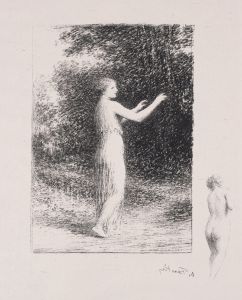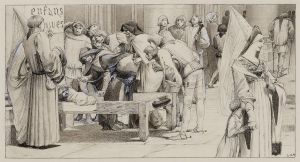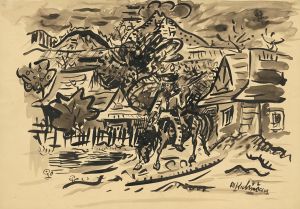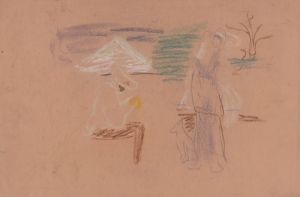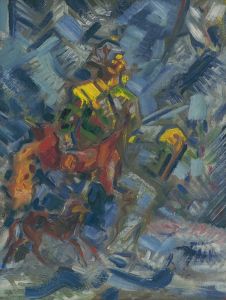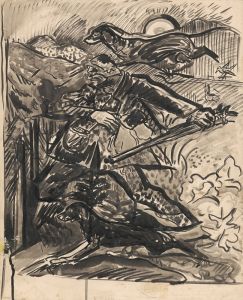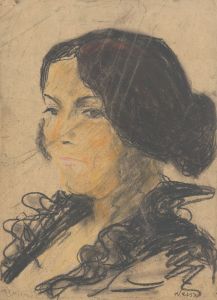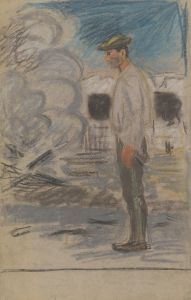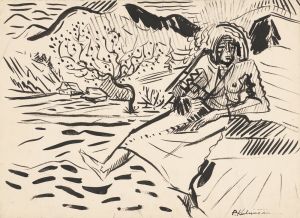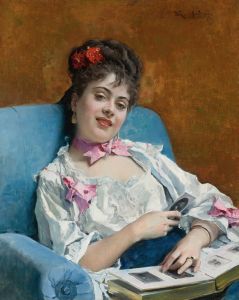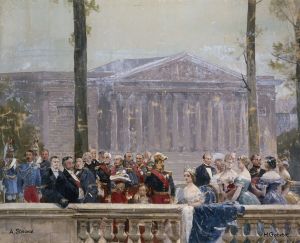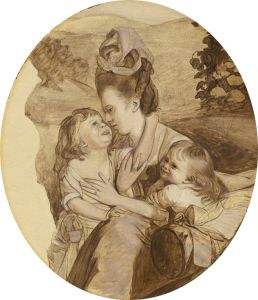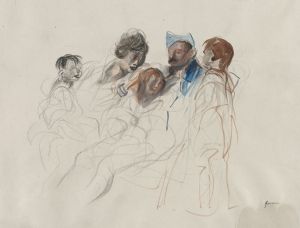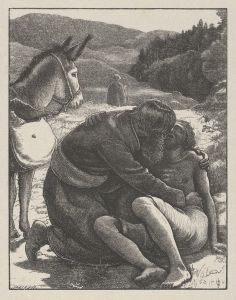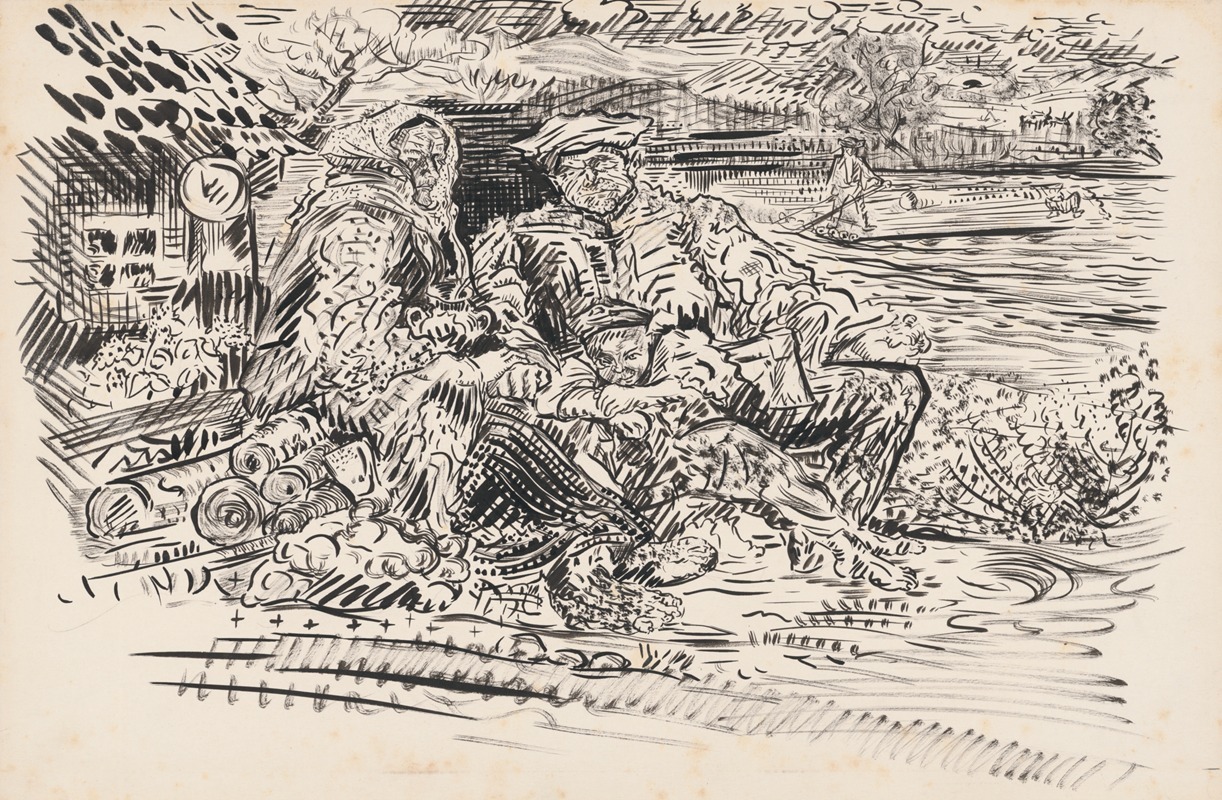
Poor family
A hand-painted replica of Arnold Peter Weisz-Kubínčan’s masterpiece Poor family, meticulously crafted by professional artists to capture the true essence of the original. Each piece is created with museum-quality canvas and rare mineral pigments, carefully painted by experienced artists with delicate brushstrokes and rich, layered colors to perfectly recreate the texture of the original artwork. Unlike machine-printed reproductions, this hand-painted version brings the painting to life, infused with the artist’s emotions and skill in every stroke. Whether for personal collection or home decoration, it instantly elevates the artistic atmosphere of any space.
Arnold Peter Weisz-Kubínčan (1898–1944) was a Slovak modernist painter of Jewish descent, known for his distinctive style and contributions to the interwar art scene in Central Europe. One of his notable works, Poor Family, reflects his deep engagement with social themes and the human condition. The painting is an evocative portrayal of a family in poverty, capturing their struggles with a sense of dignity and emotional depth.
Weisz-Kubínčan was born in Hungary (in what is now Slovakia) and studied art in Budapest and Vienna, where he was influenced by modernist movements such as Expressionism and Cubism. His works often combined these avant-garde techniques with a focus on the social realities of his time. Poor Family exemplifies this synthesis, as it employs bold, angular forms and a muted color palette to convey the hardships faced by the family depicted. The figures in the painting are rendered with a raw emotional intensity, emphasizing their vulnerability and resilience.
The exact date of the creation of Poor Family is not documented, but it is believed to have been painted during the interwar period, a time of significant economic and social upheaval in Europe. This context likely informed the themes of the painting, as Weisz-Kubínčan was deeply affected by the struggles of marginalized communities. His works often served as a commentary on the human cost of societal inequalities.
Tragically, Weisz-Kubínčan's life and career were cut short during the Holocaust. As a Jewish artist, he faced persecution under the Nazi regime and was deported to a concentration camp in 1944, where he was killed. Much of his work was lost or destroyed during this period, making surviving pieces like Poor Family all the more significant.
Today, Poor Family is recognized as an important example of Weisz-Kubínčan's artistic legacy and his commitment to portraying the human experience with honesty and compassion. The painting is held in a private collection or museum, though specific details about its current location are not widely documented. It continues to be studied and appreciated for its artistic merit and historical significance, offering a poignant reminder of the enduring power of art to reflect and critique society.





